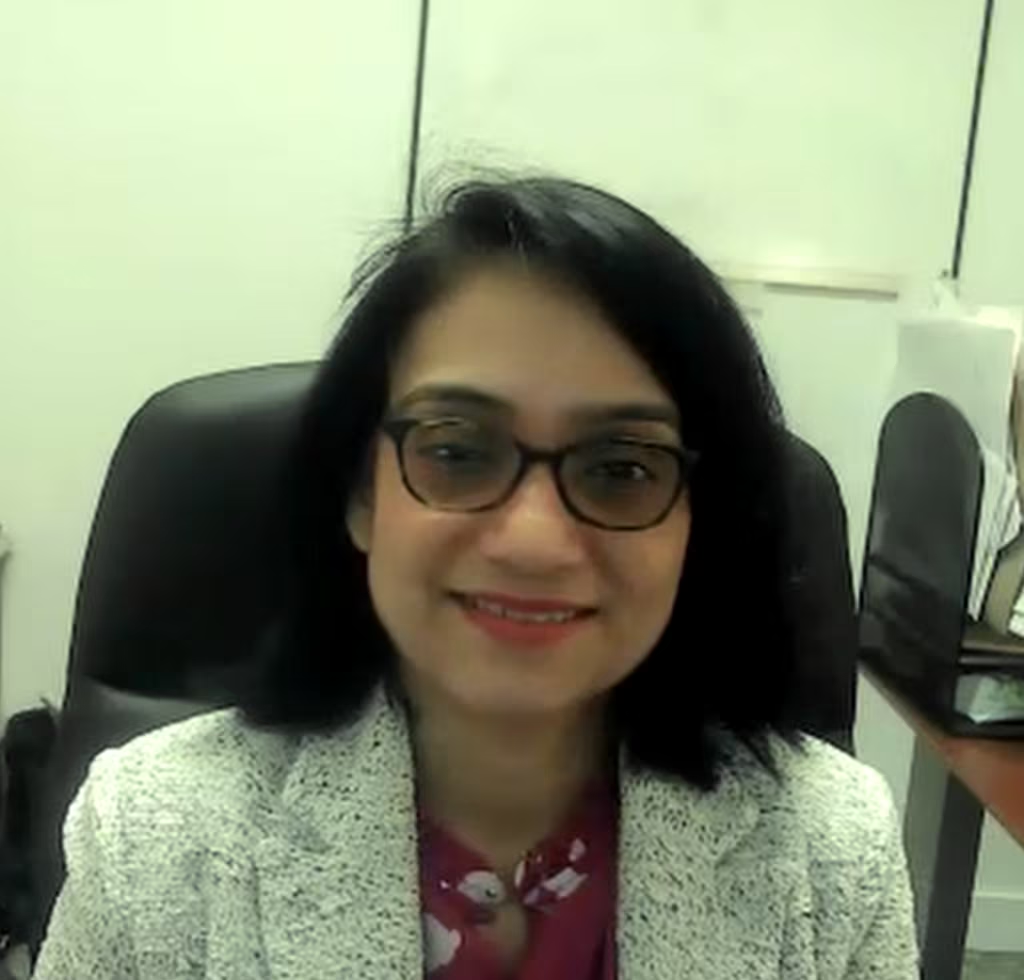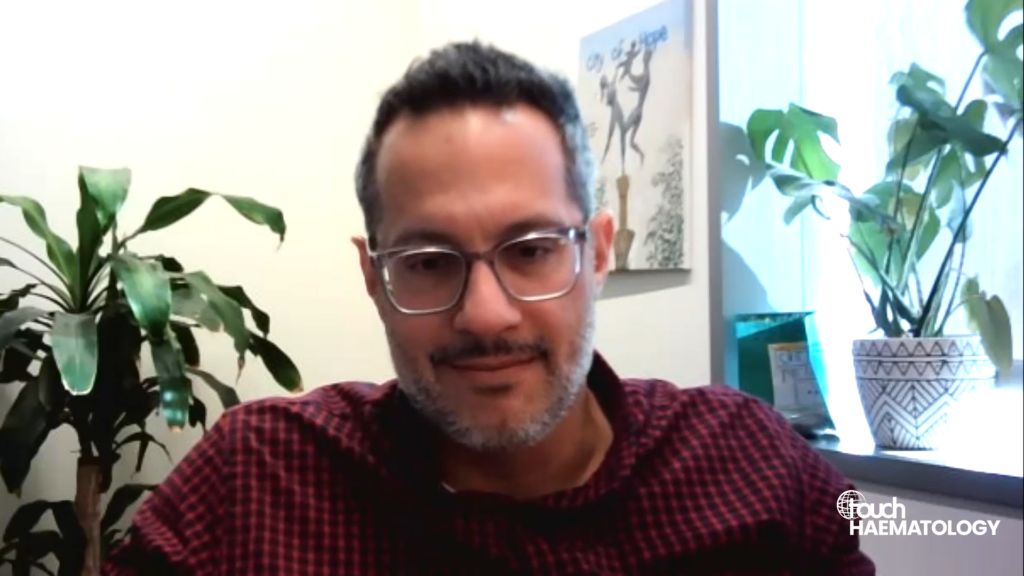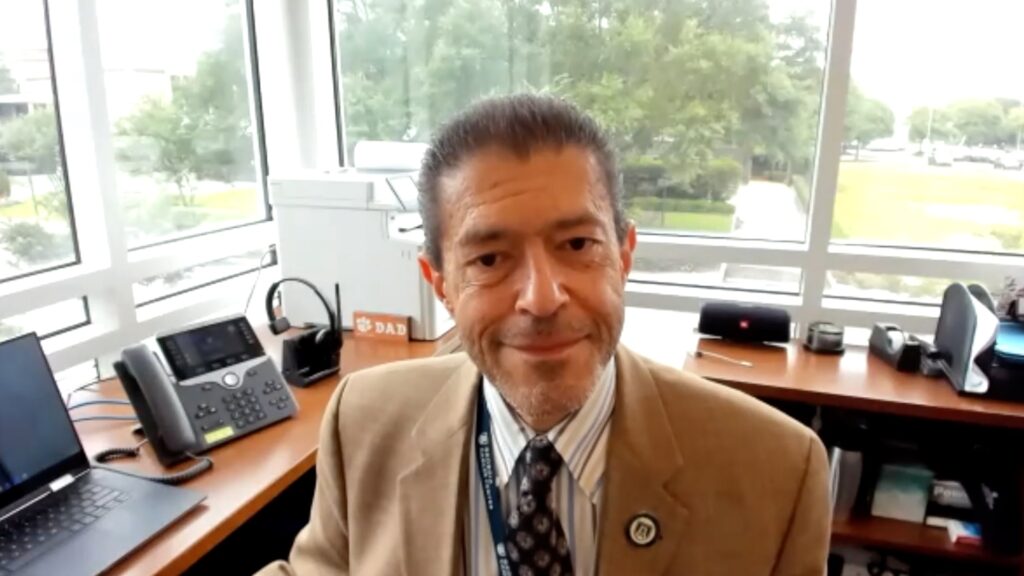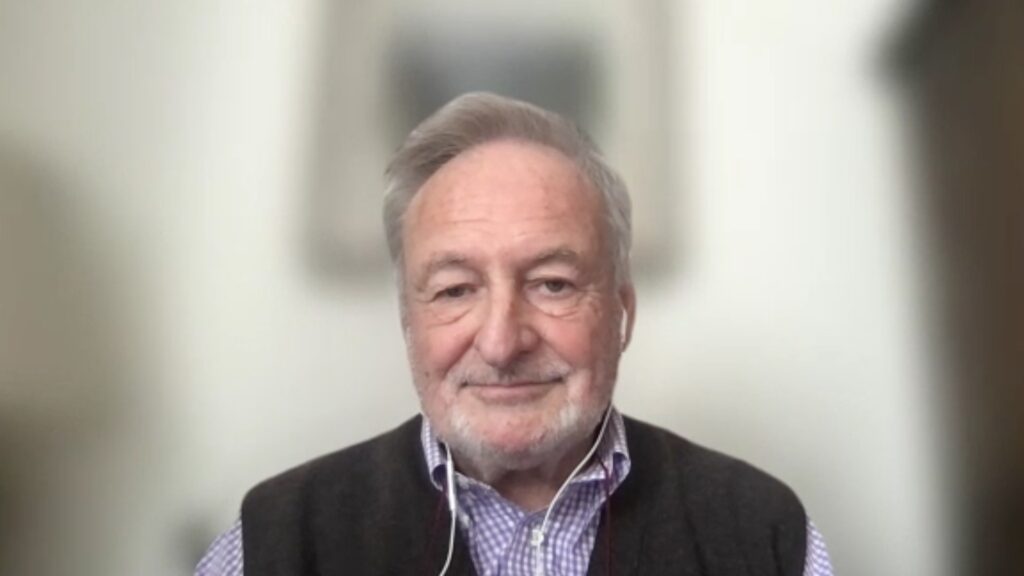Prof Barbara Eichhorst (University Hospital Cologne, Cologne, Germany) discusses the Phase 3 GAIA/CLL13 TRIAL trial investigating venetoclax and obinutuzumab in the treatment of fit patients with CLL.
The abstract ‘TIME-LIMITED VENETOCLAX-OBINUTUZUMAB +/- IBRUTINIB IS SUPERIOR TO CHEMOIMMUNOTHERAPY IN FRONTLINE CHRONIC LYMPHOCYTIC LEUKEMIA (CLL): PFS CO-PRIMARY ENDPOINT OF THE RANDOMIZED PHASE 3 GAIA/CLL13 TRIAL’ (Abstract: LB2365) was presented at the EHA2022 Congress, 9-12 June 2022.
Questions
- What has been the impact of venetoclax plus obinutuzumab on the treatment of patients with chronic lymphocytic leukaemia (CLL) who are unfit for chemoimmunotherapy? (00:20-00:58)
- What did the GAIA/CLL13 study teach us about the impact of venetoclax and obinutuzumab in fit patients with CLL? (00:58-01:42)
- What were the objectives of the current analysis? (01:42-02:18)
- What were the findings in terms of progression-free survival? (02:18-03:27)
- What will be the impact of these findings on the treatment paradigm for CLL? (01:27-04:31)
Disclosures: Barbara Eichhorst is a consultant for: Almirall, Biogen, BMS-Celgene, Janssen, Merck, Novartis, Roche and Sandoz. She has received grant/research support from: Biogen, Research Fund Flanders, Charcot Foundation Belgium, Merck, Sanofi-Genzyme and Roche. She is on the advisory board for: Almirall, Biogen, BMS-Celgene, Janssen, Merck, Novartis, Roche and Sandoz.
Support: Interview and filming supported by Touch Medical Media Ltd. Interview conducted by Sophie Nickelson originally for touchONCOLOGY.com.
Filmed in coverage of the 27th Congress of the European Hematology Association (EHA)
Transcript
Hello my name is Barbara Eichhorst. I’m hematologist and oncologist and I’m a consultant at the University Hospital in Cologne.
What has been the impact of venetoclax plus obinutuzumab on the treatment of patients with chronic lymphocytic leukaemia (CLL) who are unfit for chemoimmunotherapy? (00:20-00:58)
This combination treatment is already approved for a couple of years, and the anticipations venetoclax plus obinutuzumab and my colleague [unclear] is the 5-year update. Now with surprise here update that the majority of cells patients being treated so is still in remission and that the disease is very well-controlled and that so far we have no idea that there is a higher rate of secondary neoplasia related to this treatment and none among the unless the patient population.
What did the GAIA/CLL13 study teach us about the impact of venetoclax and obinutuzumab in fit patients with CLL? (00:58-01:42)
This is a full on trial, Also comparing the net effects now versus FC of your regimen and tells us that not so surprisingly also in sick patients and this base CD20/22 antibody is highly efficacious not only respect to undetectable rates but also suspect to progression free survival. And this was somehow expected, but it was important to show also here the comparison to the most efficacious treatment we have and see with respect to chemoimmunotherapy and this particular with the FCR regimen.
What were the objectives of the current analysis? (01:42-02:18)
The current analysis was evaluating the other co-primary endpoint. The first co-primary endpoint was a moderate at months, 15 or 20 months after stopping the treatment with venetoclax plus CD20 antibody. And now we evaluated progression free survival story year also of high superiority. And after 38 months there are still 86% of the patients in remission after receiving the venetoclax plus obinutuzumab.
What were the findings in terms of progression-free survival? (02:18-03:27)
When we look at the venetoclax-obinutuzumab treatment, we have seen that after more than three years, 86 to 87% of the patients are still in remission. We had also triple therapy included in here, which was a combination venetoclax-obinutuzumab in addition to ibrutinib, which was also given for at least 12 cycles and could be extended if patients had still residual disease and that had great or even higher risks. So progression free survival rate was even higher with 92%. Due to statistical design, we were not so obsessed, but allowed to do a head to head comparison between the triple combination, including approaching that versus GV plus ibrutinib only. We will have to wait for another year in order to do that. And then we will see what of benefit of adding a BTK inhibitor to venetoclax.
What will be the impact of these findings on the treatment paradigm for CLL? (01:27-04:31)
The impact is a confirmation that venetoclax-obinutuzumab is also an excellent treatment option in fit patients that it is superior to FCA, particularly when we look at the sample of patients with more rapidly growing disease as patients with mutated status. And therefore this study also shows that immunotherapy confirms that immunotherapy in this patient segment is another good treatment choice, however. But the future question, as I said, of course, we could treat those patients as well with continuous treatment. Can he be chosen? That’s not a question. A head to head comparison between continuous treatment was ibrutinib and the BTK vs time limited treatment venetoclax-obinutuzumab. We need to mark this is currently being tested in a large phase III trial but we have to wait two to three years before we have the results here.









